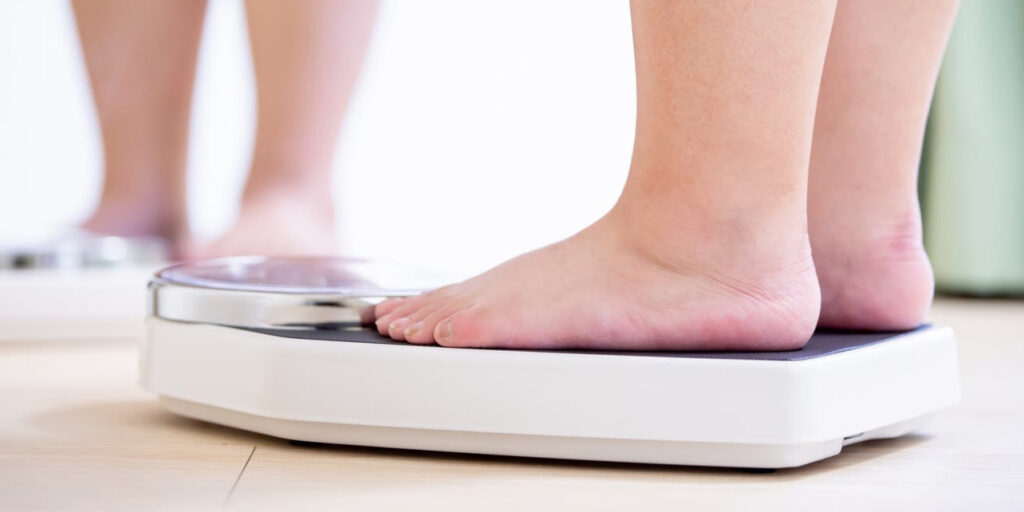The number of overweight and obese teenagers in England has soared by half since 2008, according to new research that raises serious concerns about the long-term health of young people.
The study, conducted by researchers from institutions in Bristol and Liverpool, reveals that rates of obesity among 12- to 17-year-olds have climbed sharply in the past 15 years.
Between 2008 and 2010, the rate increased by 22 per cent, followed by a dramatic 33 per cent rise between 2021 and 2023 — a period coinciding with the aftermath of the Covid-19 pandemic.
The findings suggest that excessive consumption of ultra-processed foods — including sugary drinks, packaged snacks, and ready meals — alongside sedentary lifestyles and increased screen time, are fuelling the trend.
Other contributing factors include poor sleep, rising mental health challenges, and reduced access to physical activity, especially among children in lower-income households.
“Over the past 15 years, adolescent obesity has risen sharply due to a combination of unhealthy diets, inactive lifestyles, and worsening social inequality,” the authors noted. They warned that this toxic mix is fostering an environment where unhealthy habits can flourish.
The researchers used body mass index (BMI) data to track weight trends among teenagers in England. Their analysis also showed that the health risks associated with teenage obesity can extend well into adulthood.
In a six-year follow-up study, obese teenagers were found to be significantly more likely to develop serious medical conditions. The risk of sleep apnoea was eight times higher, while type 2 diabetes was 11 times more likely. Those with obesity were also four times more at risk of developing polycystic ovary syndrome, and 12 times more likely to suffer from liver disease.
The UK now has one of the highest obesity rates in Europe, with 64 per cent of the population aged 15 and over considered overweight or obese. This compares to 46 per cent in Italy and 45 per cent in France, according to OECD data.
Rob Hobson, a nutritionist and author of Unprocess Your Family Life, said the figures should serve as a “wake-up call.” Although not involved in the study, he warned that ultra-processed foods are “dominating children’s diets” and contributing to poor long-term health outcomes.
“Fizzy drinks, sugary cereals, fast food and cheap ready meals are everywhere,” Mr Hobson told The Independent. “They’re addictive, accessible, and convenient — and they’re hard to avoid, especially for children.”
He added that rising anxiety levels, sleep deprivation, and screen-based inactivity are all affecting young people’s dietary habits. “If these behaviours persist into adulthood, the risks of serious disease only grow,” he said.
Mr Hobson called for a more proactive approach to food education, arguing that teaching children about nutrition and involving them in cooking could help combat unhealthy eating habits.


